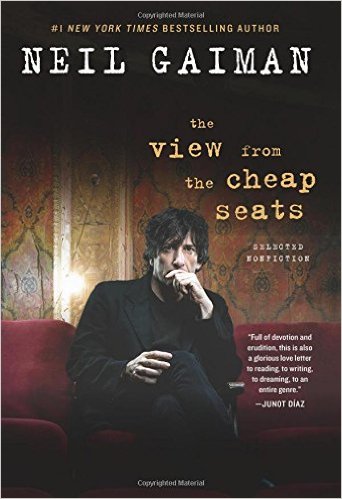Listen.
If someone tells you what a story is about, they are probably right.
If they tell you that that is all the story is about, they are very definitely wrong.
Any story is about a host of things. It is about the author; it is about the world the author sees and deals with and lives in; it is about the words chosen and the way those words are deployed; it is about the story itself and what happens in the story; it is about the people in the story; it is polemic; it is opinion.
An author’s opinions of what a story is about are always valid and are always true: the author was there, after all, when the book was written. She came up with each word and knows why she used that word instead of another. But an author is a creature of her time, and even she cannot see everything that her book is about.
Why do we need the things in books? The poems, the essays, the stories? Authors disagree. Authors are human and fallible and foolish. Stories are lies after all, tales of people who never existed and the things that never actually happened to them. Why should we read them? Why should we care?
The teller and the tale are very different. We must not forget that.
Ideas, written ideas, are special. They are the way we transmit our stories and our ideas from one generation to the next. If we lose them, we lose our shared history. We lose much of what makes us human. And fiction gives us empathy: it puts us inside the minds of other people, gives us the gift of seeing the world through their eyes. Fiction is a lie that tells us true things, over and over.
Neil Gaiman, Ray Bradbury, Fahrenheit 451, and What Science Fiction Is and Does







